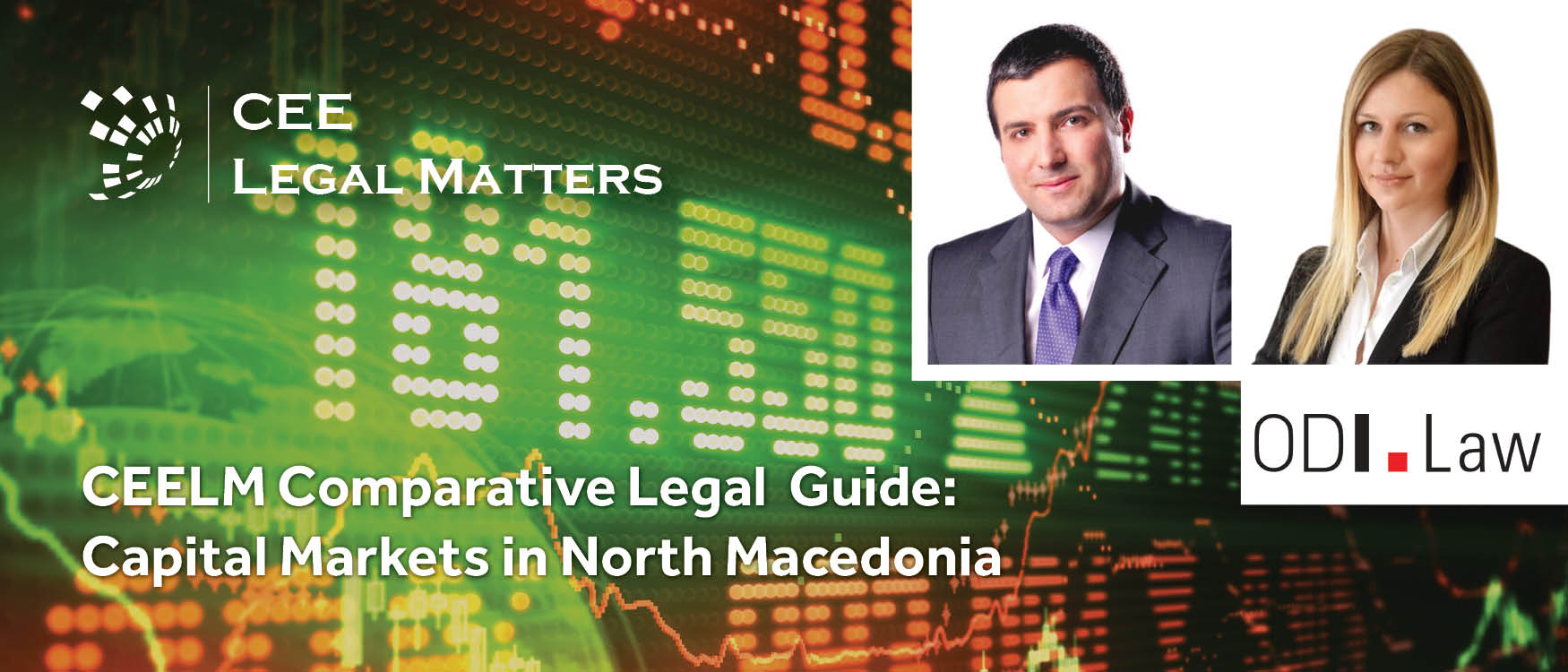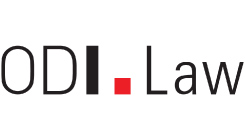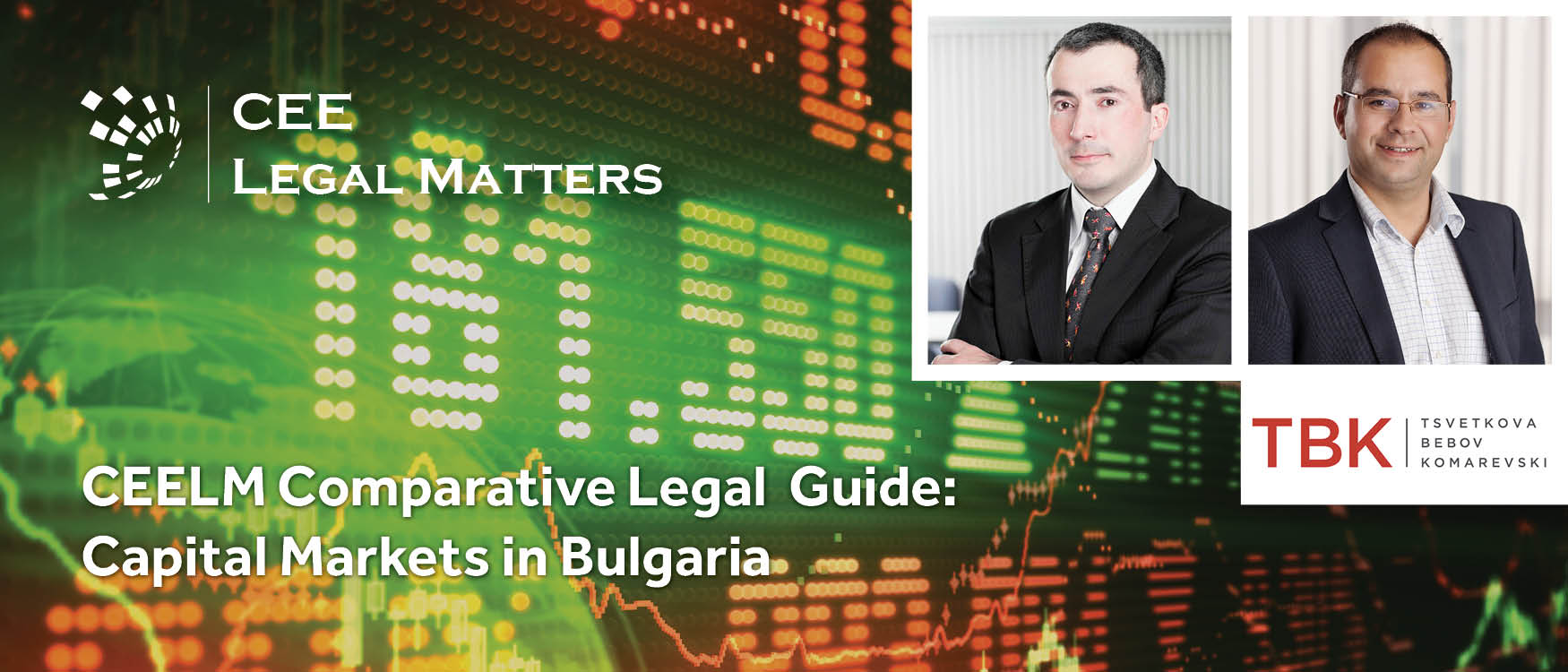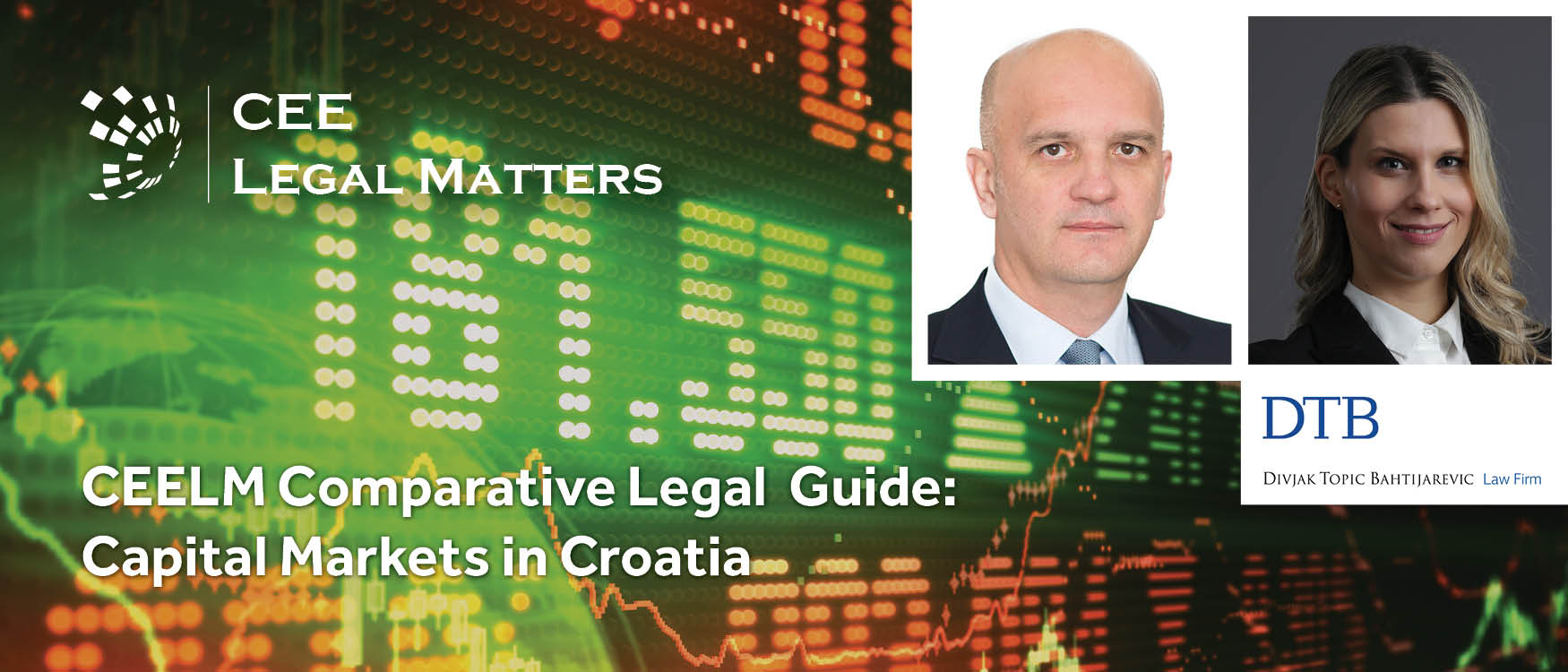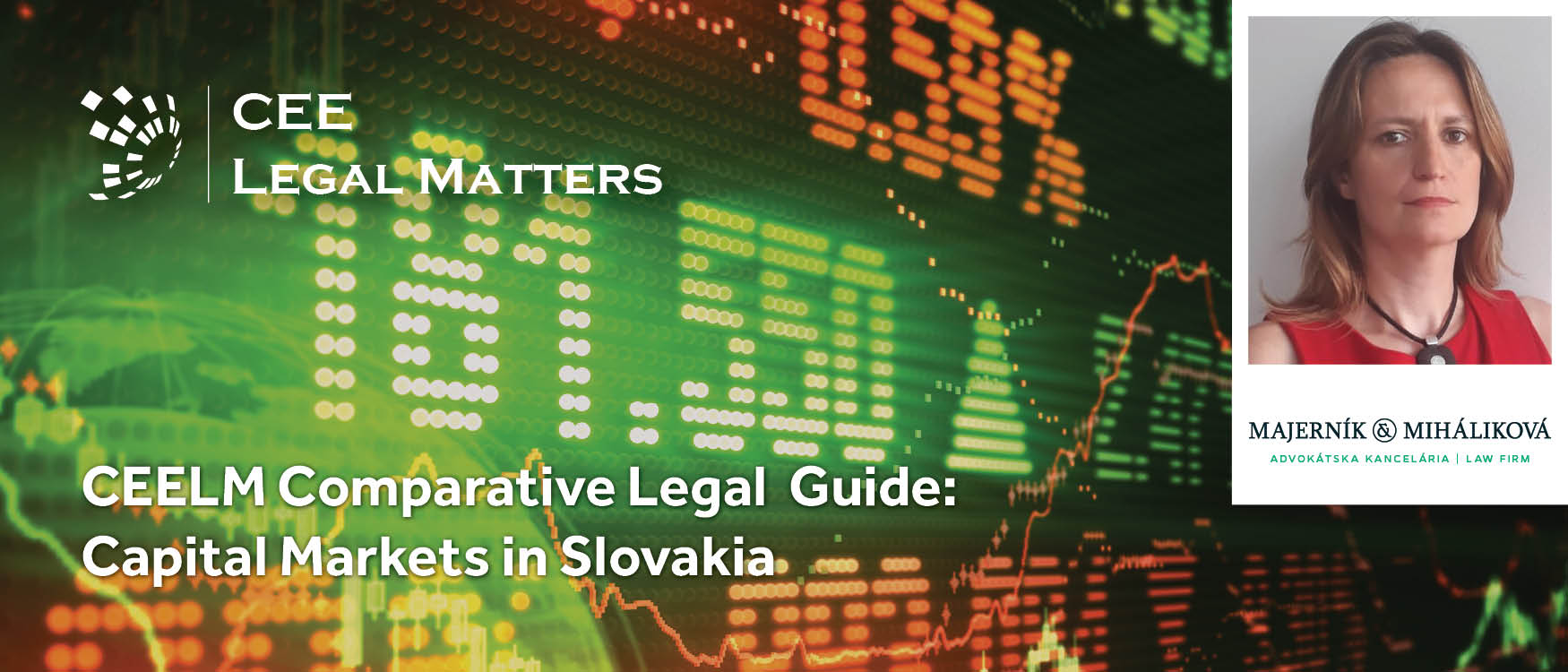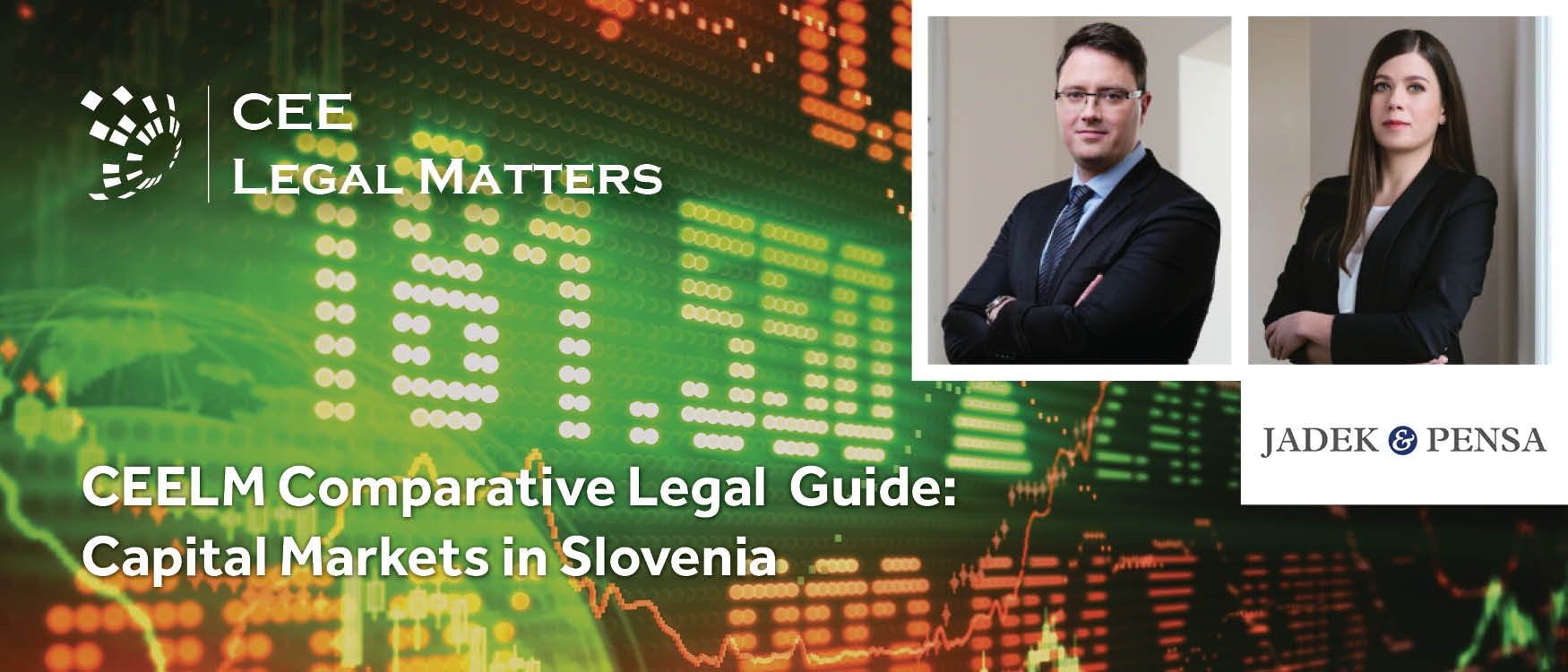Contributed by ODI Law.
1. Market Overview
The Macedonian Stock Exchange (MSE) is the only regulated stock exchange in North Macedonia which acts as a central marketplace for the admission and trading of equity, debt and other securities. The MSE was established in 1995 and commenced trading in 1996. The MSE is a member of the Federation of Euro-Asian Stock Exchanges (FEAS) and affiliated member of Federation of European Stock Exchange (FESE).
The MSE, similar to other stock exchanges in South-East Europe (SEE), is relatively small and has not attracted investments from large institutional investors as tend to view the whole SEE region as one marketplace. In 2014, to facilitate integration with other SEE markets, the MSE, together with the Bulgarian Stock Exchange (BSE) and the Croatian Stock Exchange (ZSE) established SEE Link. SEE Link is a special purpose business vehicle which operates an electronic system for order-routing between the stock exchanges in the SEE. The principal objective of SEE Link was to integrate regional equities markets without merger or corporate integration, using only technology that will enable participating stock exchanges to remain independent yet complement and to allow investors a more accessible and more efficient approach to these markets through a local broker.
Today, SEE Link has combined equity market capitalisation of over USD 50 billion allowing order routing of almost 1200 securities listed on exchanges in Bulgaria (BSE), Bosnia and Herzegovina (BLSE and SASE), Croatia (ZSE), Macedonia (MSE), Serbia (BELEX) and Slovenia (LJSE).
2. Overview of the local stock exchange and listing segments (markets)
There are two principal markets in North Macedonia, each of which is operated by the MSE:
Official Market. The official market for listed securities (the “Official Market”) is the MSE’s flagship market for larger, more established companies. The Official Market is home to the largest Macedonian companies that are subject to the highest standards of regulation and governance. The Official Market has four main segments:
- Super Listing segment.
- Exchange Listing.
- Mandatory Listing.
- Listing of Small Joint-Stock Companies.
Regular Market. The Regular Market is a market of unlisted securities which has two main segments:
- Market of Companies with Special Disclosure Obligations which includes companies (i) that have made an initial public offering (IPO); or (ii) companies that have a share capital of at least EUR1 million and at least 50 shareholders.
- Free Market, where all securities, other than those in the Official Market and the Market of companies with special Disclosure Obligations are traded
3. Key Listing Requirements
3.1. Equity Capital Markets
3.1.1. Listing of shares on the Super Listing sub-segment
The listing of shares on the Super listing sub-segment requires an issuer to meet the following conditions:
(i) to prepare audited financial statements for the last three years, of which with unqualified opinion for the previous year;
(ii) to be profitable in the previous 3 years;
(iii) to have a share capital of at least EUR 10 million;
(iv) to have a free float ratio of at least 20%;
(v) to have at least 200 shareholders; and
(vi) to operate a web site in Macedonian and English.
3.1.2. Listing of shares on the Exchange listing sub-segment
The listing of shares on the Exchange listing sub-segment requires an issuer to meet the following conditions:
(i) to prepare audited financial statements for the last two years;
(ii) to have a share capital of at least EUR 5 million;
(iii) to have a free float ratio of at least 10%;
(iv) to have at least 100 shareholders; and
(v) to operate a web site.
Shares issued by a company which has not prepared audited financial statements for the previous two years can be listed on the Exchange listing sub-segment if the issuer has issued securities through an IPO in the previous year.
3.1.3. Listing of shares on the Mandatory Listing sub-segment
Companies which meet the below conditions must be listed on this market sub-segment:
(i) to prepare audited financial statements for the last two years;
(ii) to have a share capital of at least EUR 1 million;
(iii) to have a free float ratio of at least 1%; and
(iv) to have at least 50 shareholders.
3.1.4. Listing of shares on the Market of small joint-stock companies’ sub-segment
The listing of shares on the Market of Small Joint-Stock Companies’ sub-segment requires a company to prepare audited financial statements for the previous year and to have a share capital of at least EUR 250,000. The issuer listed on Market of small joint-stock companies’ sub-segment is obliged to publish all announcements stipulated in Special reporting obligations prescribed in Macedonian Listing Rules through a listing Sponsor for a minimum period of 1 year.
3.2. Debt Capital Markets
The listing of long-term debt securities on the Exchange Listing sub-segment requires a company to prepare audited financial statements for the last two years and to have a share capital of at least EUR 200,000. If the company has not operated for at least 2 years, it must have audited financial reports at least for the last year.
Long-term debt securities issued by North Macedonia, state institution, a state-owned public company, municipality or the National Bank and long-term debt securities guaranteed by North Macedonia are listed on the official market after a submitted application from the issuer. The long-term debt securities issued by issuers whose shares or long-term debt securities are already listed on the Official Market of the MSE are listed on the Official Market after the submission of the data prescribed in the Macedonian Listing Rules. The same conditions also apply to the listing of short-term debt securities.
4. Prospectus Disclosure
Unless there is an applicable exemption, a prospectus is required for the issue of equity securities in North Macedonia where:
- There is an offer of securities to the public.
- There is an application for admission of securities to trading on the Official Market.
The Securities Exchange Commission (SEC) in its capacity as the competent authority for oversight of the securities market in North Macedonia, must approve the prospectus of any Macedonian company that wishes to list its securities on the Official Market or to offer them to the Macedonian public.
In an IPO of a class of securities that is admitted to trading on a regulated market for the first time, the prospectus must be made available to the public at least fourteen calendar days before the end of the offer. The prospectus, whether a single document or consisting of separate documents, will be deemed to be available to the public when published electronically on the website of any of the (i) MSE; (ii) the issuer’s registered office; (iii) the registered office of the listing sponsor; (iv) on the issuer’s website.
If a potential investor makes a specific demand for a paper copy, the company, the offeror or the person asking for admission to trading on a regulated market is required to deliver a printed version of the prospectus. A prospectus should contain the information necessary to enable investors to make an informed assessment of the:
- Assets and liabilities, profits and losses, financial position and prospects of the issuer and of any guarantor.
- Rights attaching to the securities and the reasons for the issuance and its impact on the issuer.
The above information may vary depending on the nature of the issuer, type of securities offered and the circumstances of the issuer. The issuer and its Board have primary legal responsibility for the prospectus. They are obliged to confirm that to the best of their knowledge, the information contained in the prospectus is in accordance with the facts and that the prospectus makes no omission likely to affect its import. Any person that has authorised any part of the contents of the prospectus will incur liability for that part of the prospectus (this includes the reporting accountants for their reports included in the prospectus).
4.1. Offers exempt from a prospectus
An issuer whose securities are already listed on the Official Market of the MSE is not required to produce a prospectus in case of issuance of new securities in the following circumstances:
(i) Securities representing less than 20% of the number of shares of the same class already admitted to trading if the new offer will increase the yield by less than 20%
(ii) Shares issued in substitution for shares of the same class already admitted to trading on the same regulated market, where the issuing of such shares does not involve any increase in the issued capital.
(iii) Shares created by conversion of convertible securities.
4.2. Information on acceptance of a listing
The prospectus of a company which wishes to be listed on the Official Market must set out the following information, as a minimum:
(i) front page (which will include the title “prospectus”; the company logo; the name of the company and the address of the company; listing the shares of the company and data on the date of the quotation; and the sponsor of the listing);
(ii) statement of the issuer’s Board confirming the truthfulness of the information set out in the prospectus;
(iii) particulars of the company (name and registered office, court registration, a brief history of the company from its establishment until the day of submission of the request);
(iv) a brief description of the principal activity of the company and organisation of operations;
(v) a brief description of employees and a chart of the company’s qualification structure;
(vi) number of shares, by type, as well as the rights to the shares arising from the Statute of the company;
(vii) shareholder structure, number of more significant shareholders holding more than 10% and their share in the total number of shares, as well as the percentage of shares held by the Board;
(viii) a brief description of the development perspectives in the business operation, and especially in the production, sales, inventories, costs and sales prices, conquering new markets;
(ix) a brief description of the company’s stock trading, including a chart of the movement of the company’s stock price;
(x) a brief description of dividend and dividend policy, including a chart of the dividend paid per share for the last three years) and
(xi) financial statements (revised financial statements for the last three years - income statement, balance sheet, cash flow statement and statement of equity and equity change, with the auditor’s opinion). If the issuer owns majority shareholdings in other companies, it must provide consolidated annual financial statements and a report on the management and operation of the group of companies.
The prospectus must be published in the Macedonian language. Additionally, the prospectus may be published in another language.
5. Prospectus Approval Process
The MSE is the ‘competent authority’ in North Macedonia for reviewing and approving prospectuses for listing, and the company will need to follow the formal admission requirements set out in Securities Law (including the relevant by-laws) and Listing Rules.
6. Listing Process
The Board of Directors of the MSE is authorised to review the application for listing and decide within 30 days from the day of receipt of the application. If necessary, the Board of Directors may request the issuer to provide additional information. The review period in such cases is extended for the time required to submit the necessary information. The MSE will not (except in exceptional circumstances) accept securities on listing until all documents relevant for consideration are available to the MSE. Failure to fully comply with this rule may result in a delay in consideration of the application for a listing.
For the purpose of listing of securities, the issuer, through its sponsor, submits to the MSE a listing application, containing all relevant documentation in written form (one original copy of the documentation is sufficient) and on CD no later than 16:00 to MSE. If the listing application refers to shares, it must indicate whether the application relates to a listing of shares on Super Listing, Exchange listing, Mandatory Listing or the Market for Small Joint-Stock Companies.
The listing application, along with the relevant documentation, is evaluated by the MSE Listing Commission, formed by MSE Boards of Directors. The Listing Commission, based on the submitted application and documentation, prepares an opinion and a proposal to the Board of Directors. The MSE Board of Directors makes an assessment of a listing application and the opinion of the MSE Listing Commission.
7. Corporate Governance
The MSE adopted a Corporate Governance Code applicable to companies listed on the MSE (the “Code”) back in 2006. It includes a set of 15 principles to be applied on a voluntary basis (only companies listed on the “Super Listing” segment (currently one bank) are required to implement the Code on a “comply or explain” basis). The Code is based on the OECD Principles of Corporate Governance from 2004 and has not been revised since its adoption. In addition to MSE, the SEC has responsibilities for supervising issuers listed on MSE, including on some corporate governance-related matters (e.g. acquisition of qualifying holdings within listed companies). The Code does not include any provisions on ESG matters.
8. Documentation and Other Process Matters
Stabilisation is the practice by which the lead manager or bookrunner supports the price on a new issue of shares for a limited period after the admission of the shares to the market, intending to maintain a stable price during this period. Price stabilisation is undertaken for certain large issues of securities, such as on an IPO because it (amongst other matters) helps promote the orderly operation of the market and counteract short selling.
In principle, the nature of price stabilisation potentially constitutes the offences of market abuse, creating a misleading impression and/or insider dealing, which is prohibited in North Macedonia. Although there is very limited practice, the prohibitions on insider dealing, unlawful disclosure of inside information and market manipulation should not apply in the following circumstances:
- Stabilisation is carried out for a limited period.
- Prescribed information is disclosed and notified to the competent authority of the trading venue.
- Adequate limits with regard to price are complied with.
- Trading complies with the standards set out in the trading rules of the MSE.
9. Ongoing Reporting Obligations (Life as a Public Company)
The quantity and quality of publicly available information regarding public companies vary depending on whether a company is listed or is a company with special disclosure obligations. Listed companies must publish details on their operations under the disclosure requirements of the Listing Rules which require more detailed disclosure than the regulator’s disclosure rules which apply to companies with special disclosure obligations. Further, the Listing Rules provide for different disclosure requirements for listed companies depending on which market segment of the MSE their shares are traded.
Generally, all listed companies on the Official Market must disclose:
- Quarterly, semi-annual and annual financial reports, the management reports and the interim reports.
- Underwriting of new shares, changes of rights deriving from existing shares, purchase of treasury shares and free-floated shares.
- The identity of any shareholders or board members who have acquired 5% of the voting shares of the company.
- Information about related-party transactions entered into by the board members and affiliated entities of the company.
- Price-sensitive information on an ad hoc basis.
- Material changes in the liquidity of the company.
- Dividend calendar.
- Corporate governance reports (only banks)

